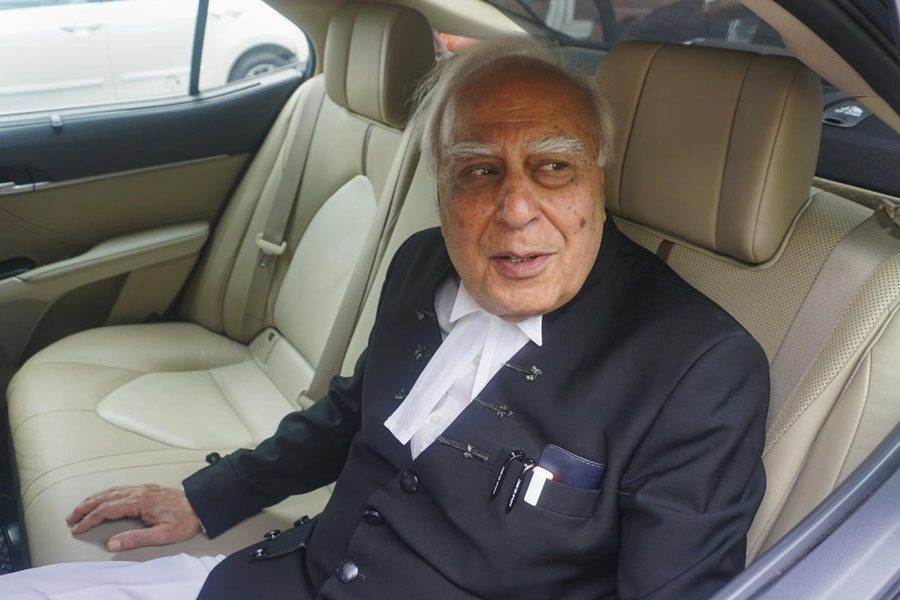The state government on Thursday passed a bill to legalise water and conservancy taxes in all urban areas. Urban development minister Asok Bhattacharya placed the West Bengal Municipal (Amendment) Bill, 2003, in the House, which was passed amidst a mild protest from Congress MLA Atish Sinha alone.
By the bill, a citizen of any municipal area will be bound to pay water and conservancy tax. A similar enactment already exists for the Calcutta Municipal Corporation area.
The bill also empowers the municipal authorities to charge conservancy tax from commercial and industrial establishments. That apart, commercial establishments, like eating houses, cinemas and market complexes, that create and dump garbage, will also have to pay a special conservancy charge.
The civic bodies have been given more powers to collect revenue and raise funds. They can charge taxes on advertisements, carts, carriages and heavy trucks. However, no toll is to be collected from any passenger vehicle.
The government, through the bill, has legalised a prior approval from it before any employee is recruited by the municipality. Another amendment has hiked trade licence fees from Rs 500 to Rs 1,500.
In a bid to make the civic bodies self-dependent, the municipalities have been empowered to take up any commercial project, like construction of a market complex, industrial estates, open depots for trading in essential commodities, bus/truck terminals, tourist lodges or any other profit-making commercial activities. But, in each case, prior approval has to be taken from the government.
Congress Legislative Party leader Sinha said any fresh tax will be a burden on the people.
In reply, Bhattacharya said, the government and the municipalities, too, had to incur expenditure to provide civic services. “The beneficiaries have to pay for the services rendered,’’ he said.
The government had earlier announced a levy on water from the affluent section. “We are spending crores to boost drinking water projects and have taken loans for the purpose. If we do not charge a tax, how will we repay the loan ?’’ he reasoned.
Officials feel the new bill will ensure that the tax on water does not get tied up in legal battles or run into opposition from political parties. Several municipalities had started levying water tax but were halted in their tracks because many users moved court and opposition parties capitalised on the crisis. The civic bodies failed to defend the tax for want of a law.











